HUBS executive committee
For some members, Career Timelines are available. These have been extracted from Recognising Teachers in the Life Sciences, a fantastic publication by The Physiological Society that was developed in collaboration with the Academy of Medical Sciences, Royal Society of Biology and HUBS.
Chair
Professor Janey Henderson CBiol FRSB
Secretary
Dr Georgina Manning FRSB
Treasurer
Dr Simon Baines
Members
Dr Helen Packer
Dr Phillip Gould
Professor Stephen McClean
Professor Robert James
Secretariat
Zoha Tauseef AMRSB
Observers
Professor Jim Boyne (HUCBMS representative)
Dr Beth Lawry (ECLBio representative)
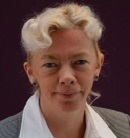
Professor Janey Henderson studied at Aberdeen and Manchester Universities before gaining her PhD from Durham University, a CASE award with Rothamsted Experimental Station. Janey completed post-doctoral projects at Warwick, Oxford and Oxford Brookes Universities before taking up a career in academic leadership in higher education, holding positions as a head of department at Coventry University followed by an assistant dean position at Teesside University with responsibility for academic quality, learning and teaching. She is passionate about the student experience and has a wealth of experience in learning and teaching in higher education.
Janey has a longstanding record as an academic leader and a strong record in teaching and support of student learning, having taught at all levels from undergraduate to postgraduate with consistent, excellent feedback from students and peers. She was also awarded a vice chancellor’s University Teaching Excellence Award for innovative teaching and assessment methods providing an enhanced student learning experience and has been recognised as a principal fellow of the HEA. Janey has also supervised 16 doctoral research degree students to successful completion.
Janey has served as a member of several key national committees including those of the Royal Society of Biology. A former member of the Society’s education, training and policy committee and degree accreditation committee, Janey is currently a member of the Chartered Science Teacher (CSciTeach) committee which assesses and elects university-level educators to the Royal Society of Biology CSciTeach register, and demonstrates her commitment to reward and recognise excellent teaching, a key issue across higher education at the current time.
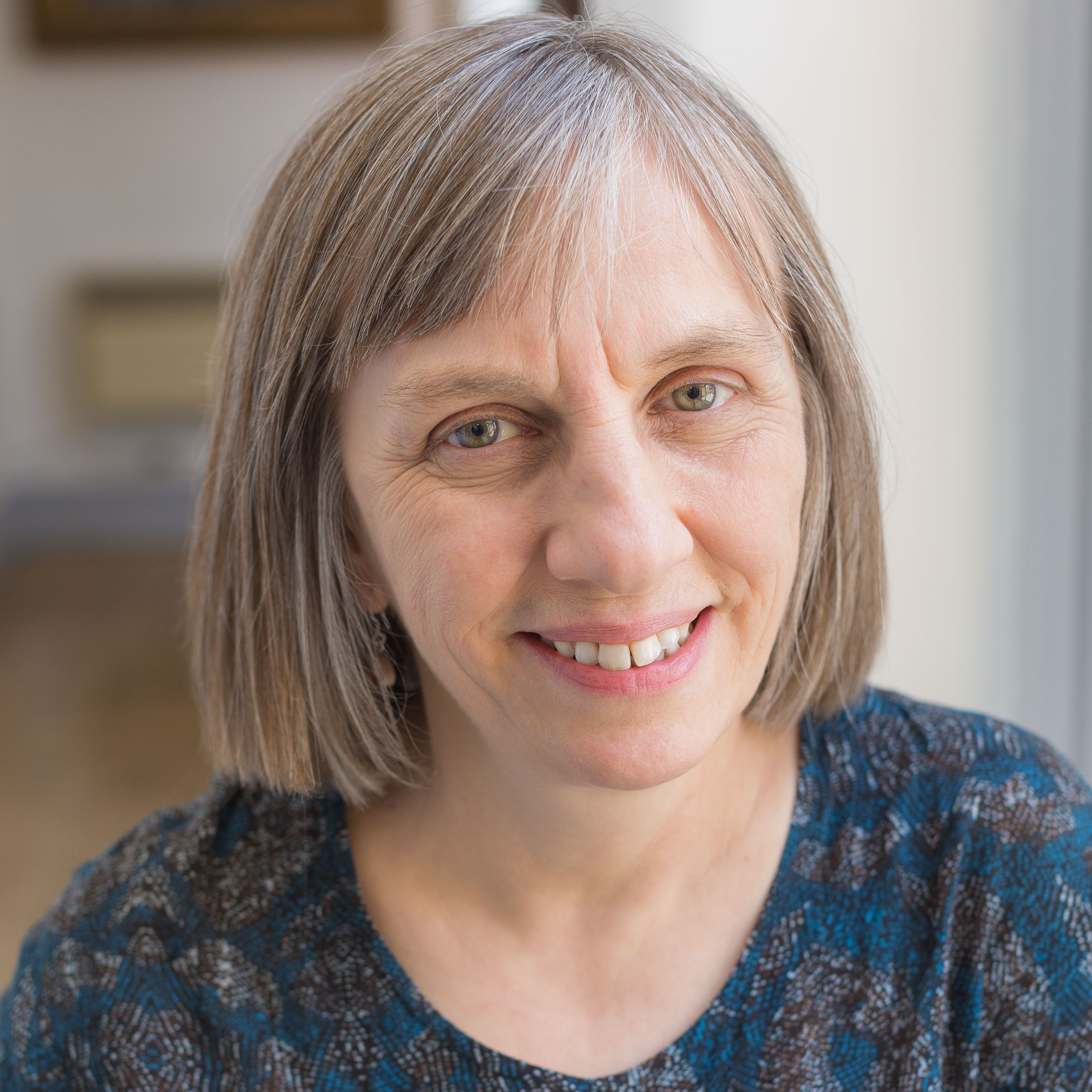
Professor Alison Snape is Head of the School of Biological Sciences at the University of Leicester, where she holds overall strategic responsibility for the development and delivery of undergraduate and postgraduate teaching in the broad area of biosciences. Alison studied genetics as an undergraduate and then undertook her PhD and postdoctoral research in the field of embryonic development, working in the University of London, the US National Institutes of Health, and the UK National Institute for Medical Research. Before moving to the University of Leicester in 2022, she worked for 25 years at King’s College London where she held several education leadership roles within the Faculty of Life Sciences and Medicine. She is a Senior Fellow of the Higher Education Academy (SFHEA) and a Fellow of the Royal Society of Biology (FRSB).
Alison is one of the co-authors of two textbooks, Biochemistry and Molecular Biology, and Biological Sciences: Exploring the Science of Life both published by Oxford University Press. She has a particular interest in supporting first year students in their transition to university, using methods that encourage students to think, ask questions and support each other in their learning. Another interest is in supporting colleagues to develop their teaching practice and career strategies.
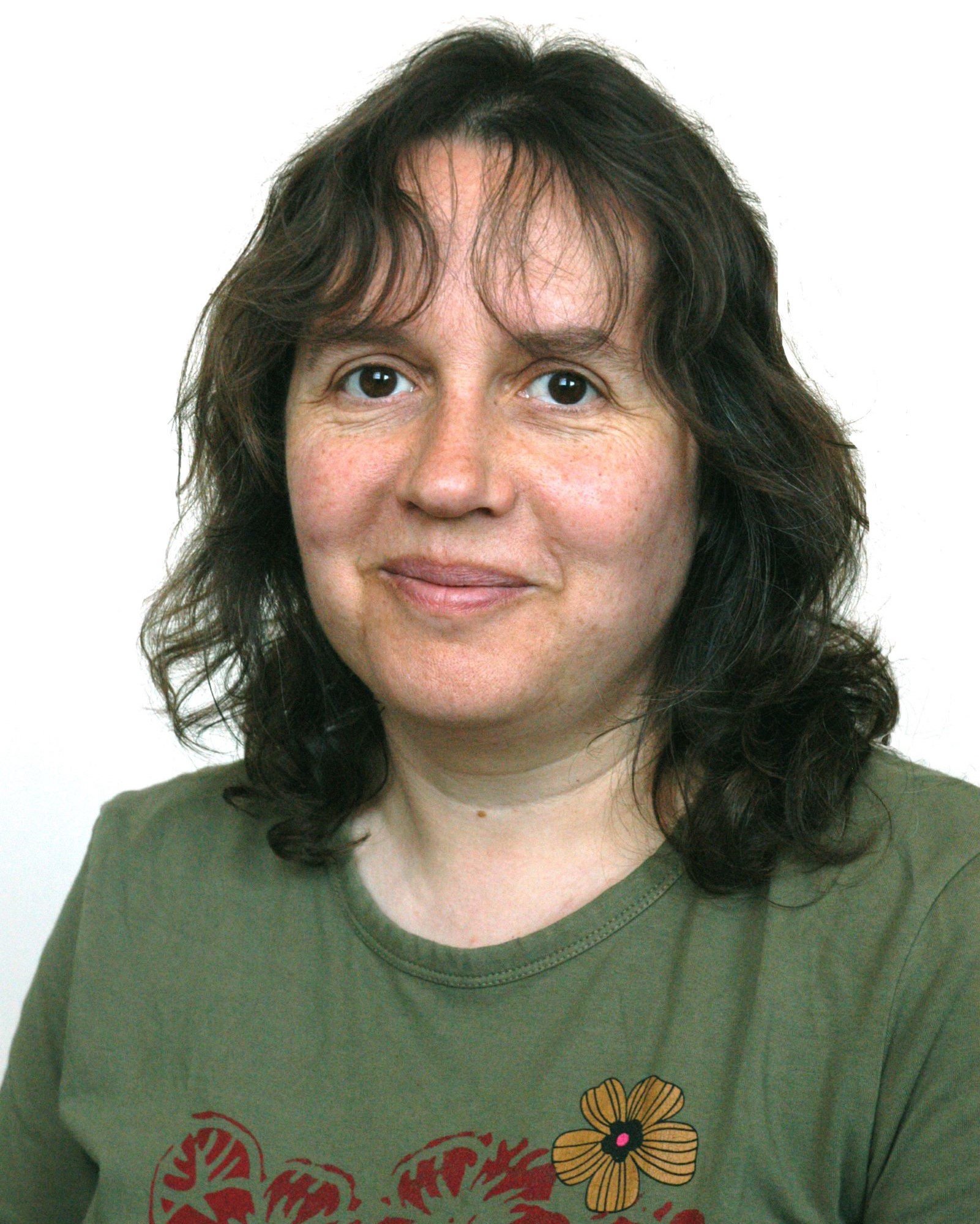
Dr Helen Packer is head of department of biological and medical sciences at Oxford Brookes University. A microbiologist with a BSc in microbiology followed by a PhD in biochemical engineering, both at UCL . Her research was very much focused on application of image processing to microscopy first in fermentation and then on moving to Oxford to join Judith Armitage’s research team on bacterial cell tracking. Following on from a NERC Advanced Fellowship at Oxford ion bacterial environmental sensing, Helen joined Oxford Brookes as a senior lecturer establishing research in biofilms before taking on teaching focussed role as programme lead to enhance student experience. From which she moved to her current role.
Helen has a strong interest in the development of students, using innovative techniques including OL learning and assessment and skills development, as well as the recognition of diverse academic career paths.
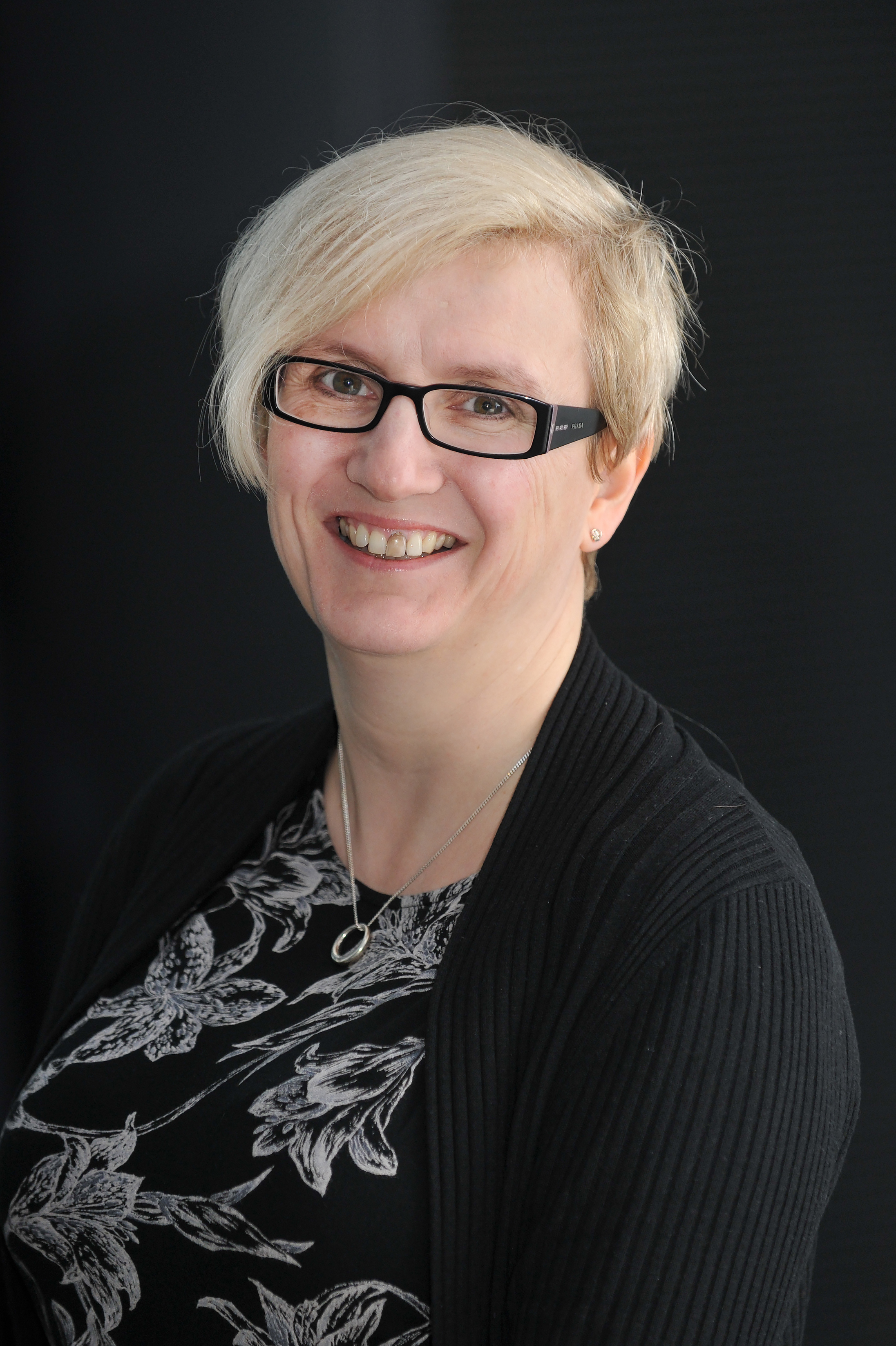
Professor Amanda Harvey is Associate PVCE (Quality Assurance) at Brunel University London. She studied at the Universities of Wales College of Cardiff and Sheffield before developing her research expertise in breast cancer cell signalling. Amanda joined Brunel as a lecturer in 2006 and has had a number of roles since then, including Head of Biosciences and Deputy Dean Academic Affairs (College of Health Medicine and Life Sciences). She has led two successful RSB accreditation events and an Advance HE Collaborative Award for Teaching Excellence (CATE), and is actively engaged in programme design and development, and quality assurance. Development of both staff and students is important to her, and she is currently the Chair of Brunel’s Recognition Panel for Advance HE fellowship and has led the development of Brunel’s Access and Participation Plan. External to Brunel Amanda has been an active member of the British Association for Cancer Research and spent eight years as a member of their Executive Committee, six of those as Honorary Treasurer. She is a member of the Biology Educators’ Network, the CATE network and a reviewer of Advance HE (CATE) applications.
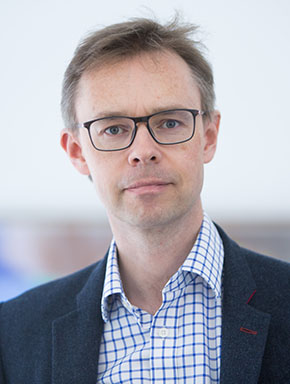
Professor James McEvoy gained his MChem and DPhil degrees from the University of Oxford, and carried out postdoctoral research at Yale University. James taught at Regis University, Colorado before moving in 2010 to Royal Holloway University of London. Here he teaches chemistry and biochemistry and has served in various leadership roles, including Associate Dean (Education) in the Faculty of Science. James is currently the Head of the Department of Biological Sciences. His disciplinary research interests include biological redox chemistry and bacterial antibiotic resistance; his pedagogic interests are in problem- and games-based learning, and in the reduction of demographic awarding gaps. In this regard he is a co-founder and member of the Bioscience Awarding Gap (BAG) Network, an advisory group to HUBS. James has won several university teaching awards and is a Senior Fellow of the HEA.
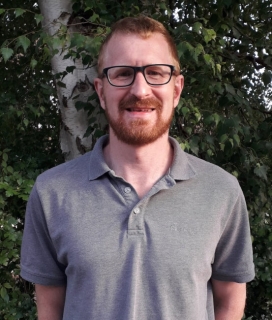
Dr Phillip Gould is Associate Head of School for Enterprise and Innovation in the School of Health and Life Sciences at Coventry University. Phillip graduated with a First Class Degree in genetics at the University of Birmingham and remained there to complete his PhD in Molecular Microbiology before moving to the University of Warwick. Following an extensive post-doctoral research career predominantly working on negative sense respiratory viruses he joined Coventry University initially as a lecturer in 2016. Here he teaches molecular biology across all year groups.
He is particularly proud of developing a new suite of master’s courses including those with an extensive professional experience placement component. He remains research active and has a passion for embedding this in the student experience. His research outputs have led to the launch of a spin out company that is commercialising a technology platform that improves viral vaccine manufacturing.
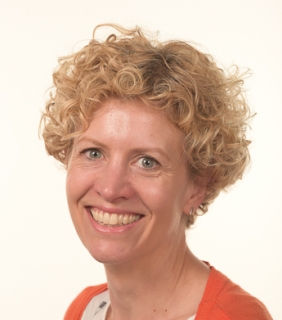
Dr (Georgina) Gina Manning studied BSc Biological Sciences at the University of Leicester after which she remained in Leicester to do her PhD with Professors Tim Mitchell and Peter Andrew where she studied virulence gene regulation in Streptococcus pneumoniae. After her PhD Gina moved to the Veterinary Laboratories Agency (VLA, now APHA) in Surrey where she spent nine years as a senior research scientist managing a team of scientists carrying out research into the pathogenesis of Campylobacter jejuni. The research at the VLA, which was funded primarily by DEFRA and the Food Standards Agency (FSA), was focussed on distinguishing pathogenic from non-pathogenic strains of C. jejuni to identify markers of pathogenicity and to investigate control strategies to remove this major human pathogen from the food chain. Following that Gina moved to Nottingham Trent University (NTU) as a Senior Lecturer in Microbiology. Throughout the twelve and a half years at NTU Gina taught Microbiology to students at all levels on Biology, Biomedical Science and Forensic Science courses, whilst remaining research active. Promotion to Principal Lecturer saw Gina take on the role of Post-Graduate Courses Manager as well as Outreach coordinator for the team. Gina was then appointed Acting Head of Bioscience in August 2014 before moving to take on the role of Head of Department of Biology, Chemistry and Forensic Science at the University of Wolverhampton in September, 2017.
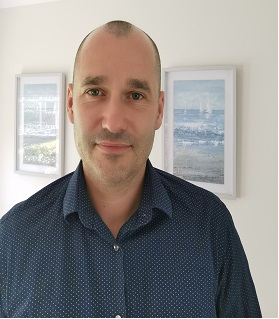
Dr Simon Baines is the Head of Biosciences, Agriculture, Nutrition and Dietetics at the University of Hertfordshire. Simon is a microbiologist with a degree in Biomedical Sciences (UWE, Bristol) and PhD in Medical Microbiology (University of Leeds). His research is focussed on the study of nosocomial pathogens and antimicrobial resistance, and in particular the study of the gut microbiota and Clostridioides difficile using complex in vitro models of infection. Simon joined the University of Hertfordshire as a Senior Lecturer in Microbiology in 2012, following employment in the Biopharmaceutical industry (Phico Therapeutics) and also in research role in the NHS and in academia (University of Leeds). Simon has a strong interest in developing students and embedding research into teaching and in the development of non-animal alternative models for biomedical research.
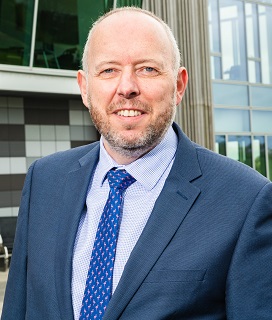 Professor Stephen McClean is Head of School of Biomedical Sciences at Ulster University. He graduated from Ulster with a BSc Hons in Science with Business followed by Master of Research and PhD degrees. The focus of his postgraduate and doctoral work was on the development of bioanalytical techniques, in particular mass spectrometry. A main area of focus of his bioscience research has been natural product drug discovery, and in particular venom-derived peptides for the treatment of diabetes.
Professor Stephen McClean is Head of School of Biomedical Sciences at Ulster University. He graduated from Ulster with a BSc Hons in Science with Business followed by Master of Research and PhD degrees. The focus of his postgraduate and doctoral work was on the development of bioanalytical techniques, in particular mass spectrometry. A main area of focus of his bioscience research has been natural product drug discovery, and in particular venom-derived peptides for the treatment of diabetes.
Stephen contributes to the delivery of a number of undergraduate and postgraduate programmes within the Schools of Biomedical Sciences and Pharmacy & Pharmaceutical Sciences at Ulster. He is a Senior Fellow of the Higher Education Academy and was involved in the 2022 QAA subject benchmark review advisory group for Biomedical Science(s).
Stephen is a strong advocate of active learning and has a keen interest in the use of digital technologies to enhance the student experience. He is the recipient of Ulster University distinguished teaching fellowships and Students’ Union learning & teaching awards.
 Professor Robert James is a muscle physiologist who obtained his BSc and PhD at the University of Leeds. After 4 years of postdoctoral research at the University of St Andrews he started as a lecturer at Coventry University. His teaching was focused on biomechanics and muscle physiology. He undertook various leadership roles at Coventry including Dean of the Faculty of Health and Life Sciences, Deputy Dean and Associate Dean (Research), before joining Bradford as Dean of the Faculty of Life Sciences in July 2022.
Professor Robert James is a muscle physiologist who obtained his BSc and PhD at the University of Leeds. After 4 years of postdoctoral research at the University of St Andrews he started as a lecturer at Coventry University. His teaching was focused on biomechanics and muscle physiology. He undertook various leadership roles at Coventry including Dean of the Faculty of Health and Life Sciences, Deputy Dean and Associate Dean (Research), before joining Bradford as Dean of the Faculty of Life Sciences in July 2022.
Robert is a Senior Fellow of the Higher Education Academy (SFHEA), a chartered scientist (CSci) and an elected Fellow of the Royal Society of Biology (FRSB). His main research focus is to utilise physiological techniques, such as the work loop technique, to better understand the effects of drugs, temperature, obesity or ageing on muscle performance.
Robert is the EDI lead for HUBS and a member of the Royal Society of Biology’s Diversity and Inclusion Network
___________________________________________________________________________________

Professor Jim Boyne began his research career at The University of Sheffield working on cell cycle control before completing postdoctoral research posts at Cancer Research UK and the University of Leeds, investigating cancer signalling and oncogenic viruses, respectively.
He took up his first academic position at the University of Bradford in 2009, where he established a successful cancer research group as PI and eventually took on the role of Director of Postgraduate Research. In 2018, he moved to the University of Huddersfield as Reader in Cancer Research, where he secured external funding to establish a melanoma research group. In 2021, he joined Leeds Beckett University as Head of Biomedical Science, and was promoted to Professor of Cancer Research in 2022.
Work in Professor Boyne's laboratory investigates the role of RNA in human disease, focusing on the utility of cell-free RNAs as liquid biomarkers for cancer progression and healthy ageing. His main research audience are scientists and clinicians interested in understanding how genetics contribute to human disease.
___________________________________________________________________________________
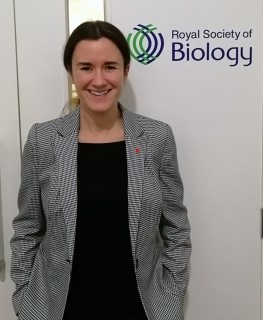
Dr Beth Lawry is a lecturer in the School of Biomedical, Nutritional and Sport Sciences at Newcastle University, also supporting students to find year-long and summer placements. Beth originally joined the school as a teaching fellow in 2017 and has since led several modules including first year practical skills, microbiology and immunology, study abroad year, and science communication. Prior to this position Beth was a Research Associate at Newcastle University working on novel biomarkers and vaccine targets for pathogenic bacteria.
Beth's PhD was on diagnostic biomarkers for Clostridium difficile and she also completed an MRes in Medical Microbiology at Newcastle University in 2012. Beth’s science career began with a BSc in Applied Biology from Northumbria University, graduating in 2006, before working as a biology technician, and upon returning from working abroad, a microbiology technician. Beth is keen to increase opportunities for students from all backgrounds and performs pedagogical research in working with students as collaborators.
___________________________________________________________________________________

Dr Helen Watson is an education focused academic with an interest in bioscience and skills education research. She works at the University of Plymouth as Associate Head of School for Education, at the Peninsula Medical School. In November 2023 she achieved the status of Principal Fellow of the Higher Education Academy (PFHEA). Helen has a background in biochemistry, but her current research is now focused on education, and specifically how best to integrate transferable skills into higher education curricula. Helen recently chaired a review of the QAA Biosciences Subject Benchmark Statement and has previously chaired the Biochemical Society’s Education, Training and Public Engagement Committee. She is now a Trustee and member of the Curriculum Committee at the RSB. Helen has a strong interest in EDI, particularly in how higher education institutions can make positive, tangible changes to culture regarding EDI. She has recently chaired both departmental and institutional Athena Swan Silver applications at Plymouth, which were both successfully awarded.


